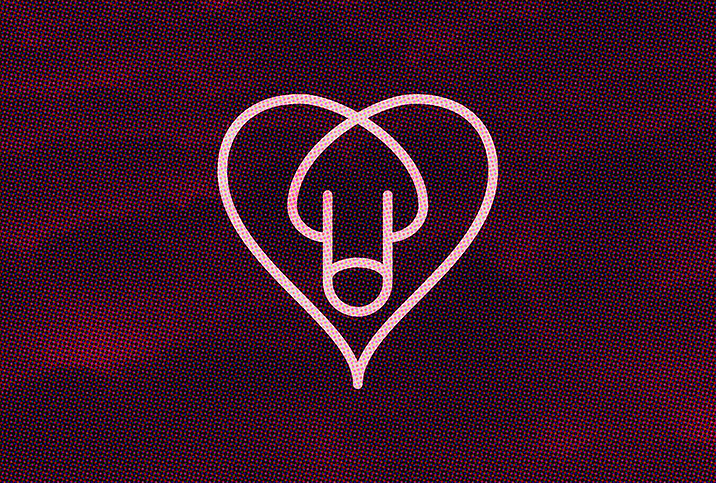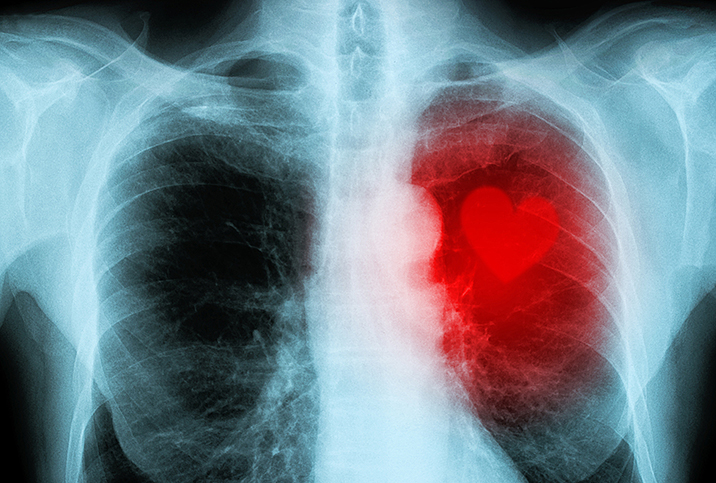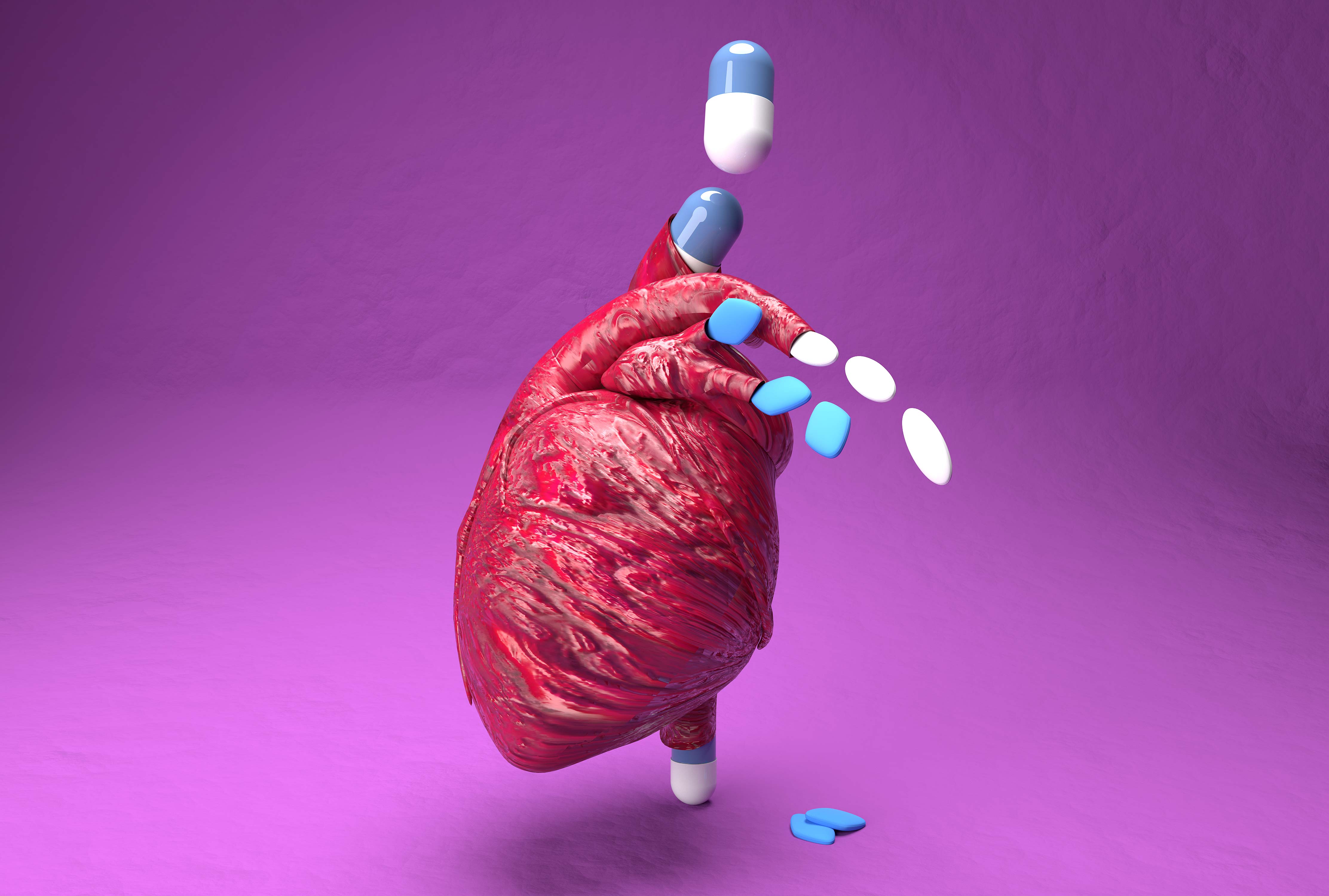Heart Disease and ED Are More Closely Linked Than You'd Think

If you're starting to notice symptoms of erectile dysfunction (ED), you may want to stop looking down south and instead consider the health of your heart.
"There is a strong body of evidence demonstrating that ED may be the earliest predictor of future cardiovascular disease (CVD)," said Dr. Faysal Yafi, associate professor and director of the Men's Health program at the University of California, Irvine.
Simply speaking, ED and CVD (the umbrella term given to several conditions that affect the heart and blood vessels) share a number of prior risk factors, including a documented history of high blood pressure, smoking and diabetes. Since an erection is, physically speaking, a blood-based hydraulic event, if you're not taking care of your heart and artery health, your body will have a tougher time pumping blood to your penis.
How ED indicates early signs of heart disease
Erectile dysfunction can signify that the vessels and arteries in other parts of the body are beginning to wear or clog. One of the earliest markers of coronary heart disease (the name for the specific condition of clogged arteries) is endothelial dysfunction. In this condition, your blood vessels can't open properly. The penis's blood vessels are often affected first since they contain some of the smallest arteries in the body, and if these arteries begin to clog, proper blood flow quickly becomes an issue.
Yafi cited a 2017 BMJ study that indicated ED was associated with a 25 percent probability of developing coronary artery disease over the next decade. In contrast, a 2006 European Heart Journal study suggested a time frame as short as two to three years. In the opposite direction, Yafi noted there is evidence to indicate that the greater the burden on your heart, the worse the erectile dysfunction.
ED can also signal other, larger issues. Yafi noted links to low testosterone, or hypogonadism (when the testes or ovaries don't produce enough testosterone or estrogen, respectively), depression and (rarely) pituitary tumors, among other conditions.
If you notice some form of ED or its symptoms, Yafi recommended a formal evaluation for heart disease.
How to prevent and control the onset of heart disease
Fortunately, delaying and/or preventing heart disease follows most of the common-sense health rules: eating a balanced diet with controlled portions and less processed foods, maintaining an exercise regimen, quitting smoking (if that happens to be your vice), and getting on a regular and consistent sleep schedule.
Quality sleep is perhaps one of the most important ways to prevent heart disease. A 2010 review in Current Cardiology Reviews—an analysis of prior published studies—cited a 1983 Sleep journal study that found significant decreases in heart-related illnesses for people getting at least seven hours of sleep each night. Men sleeping less than six hours per night or more than nine showed a death rate of 1.7 times more than the seven-to-eight-hour sleepers.
More recent research also shows that age is actually less of a factor in the ED-CVD link than previously believed. A 2013 American Heart Association review noted that although the cardiovascular disease risk was highest for ED patients who were older and had a poor diet, there was still a documented risk for younger ED patients, underscoring the importance of healthy living choices.
However, Yafi noted that ED is primarily an age-dependent process, occurring in about 40 percent of men who are 40 years old and increasing by increments of 10 percent for every 10 years of age.
Your general practitioner or cardiologist can also order screenings to identify specific cardiovascular disease markers that may be reversible, including hypogonadism, diabetes, hypertension, hyperlipidemia (high fat levels in the blood) and obstructive sleep apnea.
So if you're noticing that things down there aren't working quite like they used to, don't fret. Chances are, improving your heart health could go a long way toward improving sexual health.

















